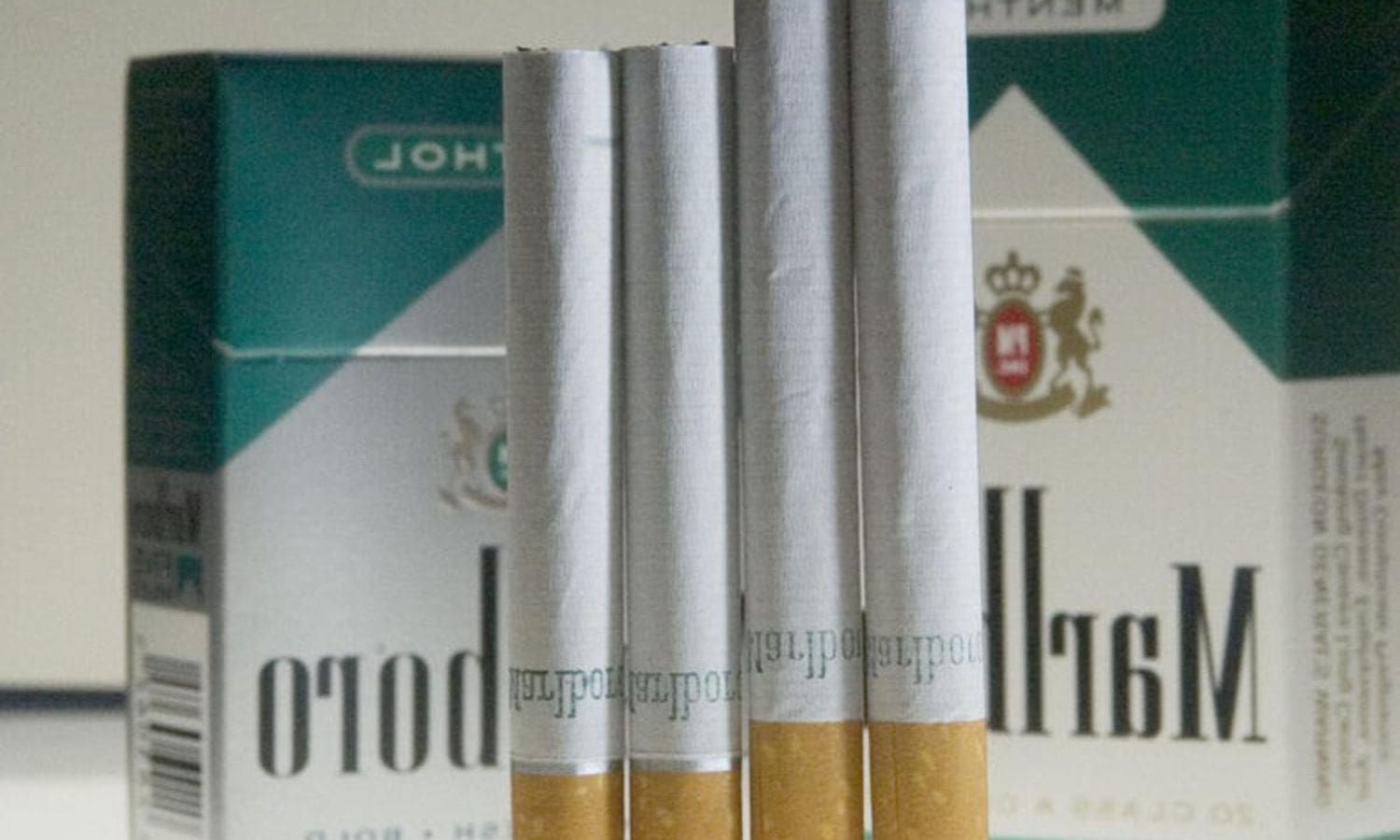California Urges Federal Ban : In response to mounting concerns about the public health impact of menthol cigarettes, California is leading the charge in urging the federal government to ban these products nationwide.
The coalition’s call for a menthol cigarette ban, highlighting the health disparities and targeted marketing associated with these products.
The FDA’s efforts to reduce their appeal, as well as the challenges and potential alternatives.
Ultimately, this comprehensive examination illuminates the coalition’s impact and its broader implications for addressing health disparities.
Key Takeaways Of California Urges Federal Ban
– California Attorney General Rob Bonta is leading a coalition of 21 states in calling for a nationwide ban on menthol cigarettes.
– Menthol cigarettes disproportionately affect marginalized groups, such as African Americans and young people.
– Menthol cigarettes are more addictive and harder to quit compared to regular cigarettes.
– The minty flavor of menthol cigarettes masks the harshness of the smoke, making it easier for new smokers to start and harder for current smokers to quit.


Also Read: California Neighbors Experience Nostalgia With Blockbuster-Inspired Movie ‘Library
Coalition’s Call for Menthol Cigarette Ban
The coalition of states led by California Attorney General Rob Bonta is calling for a nationwide ban on menthol cigarettes. This coalition, consisting of 21 states, believes that such a ban is necessary to address the concerns surrounding the impact of menthol cigarettes on specific communities.
Menthol cigarettes have been found to disproportionately affect marginalized groups, including African Americans and young people. Studies have shown that menthol cigarettes are more addictive and harder to quit compared to regular cigarettes. Additionally, the minty flavor of menthol cigarettes masks the harshness of the smoke, making it easier for new smokers to start and harder for current smokers to quit.
Health Disparities and Targeted Marketing
Addressing health disparities and targeted marketing, the impact of menthol cigarettes on marginalized communities has raised concerns among the coalition of states led by California Attorney General Rob Bonta.
The coalition argues that tobacco companies intentionally target specific groups, such as black smokers, LGBTQ smokers, and individuals with mental health issues, exacerbating existing health disparities. This targeted marketing is believed to contribute to higher smoking rates and increased tobacco-related health issues within these communities.
The coalition contends that menthol cigarettes, in particular, have a significant impact on these marginalized populations due to their targeted marketing strategies.
FDA’s Efforts to Reduce Appeal
Efforts to reduce the appeal of menthol cigarettes are being undertaken by the FDA in response to concerns over their impact on marginalized communities and public health.
Menthol cigarettes have long been marketed towards specific demographic groups, including young people and racial and ethnic minorities.
The FDA’s proposed prohibition of menthol as a flavoring agent in tobacco aims to address these disparities and improve public health outcomes.
The menthol flavoring in cigarettes masks the harshness of the smoke, making them more appealing and easier to start smoking, especially for young people.
Furthermore, research has shown that menthol cigarettes may make it harder for smokers to quit, exacerbating the health risks associated with smoking.


Challenges and Alternatives
To effectively address the concerns surrounding menthol cigarettes, it is imperative to explore the challenges and alternatives associated with their regulation and potential ban.
Here are four key challenges and alternatives to consider:
1. Correlation vs. Causation: Some experts argue that the correlation between menthol use rates and youth smoking at the state level does not necessarily mean that menthol cigarettes are the cause. More research is needed to establish a direct link.
2. Safer Nicotine Alternatives: Increasing the availability of safer nicotine alternatives, such as e-cigarettes or nicotine patches, could help reduce the demand for menthol cigarettes and provide smokers with less harmful options.
3. Traditional Smoking Cessation Services: Strengthening traditional smoking cessation services, like counseling and medication support, can assist menthol cigarette users in quitting and transitioning to a smoke-free lifestyle.
4. Education and Awareness: Implementing comprehensive education and awareness campaigns can help inform the public about the risks associated with menthol cigarettes and encourage smokers to make healthier choices.
Coalition’s Impact and Broader Health Disparity Efforts
The coalition’s advocacy for a federal ban on menthol cigarettes highlights their commitment to reducing health disparities associated with tobacco use and smoking-related illnesses. Menthol cigarettes have been disproportionately marketed to and consumed by marginalized communities, particularly African Americans, leading to higher rates of addiction and health issues. By pushing for a ban, the coalition aims to address this health disparity and promote public health equity.
This is in line with broader efforts to reduce tobacco use and its negative health impacts, with a particular focus on marginalized communities. Implementing a federal ban on menthol cigarettes would not only protect the health of individuals but also contribute to reducing overall tobacco consumption and improving health outcomes across the nation.
It is an important step towards achieving health equity and addressing the systemic factors that perpetuate health disparities.


Conclusion Of California Urges Federal Ban
The coalition’s call for a federal ban on menthol cigarettes is a necessary step in addressing health disparities and reducing the appeal of these harmful products.
Targeted marketing and the disproportionate impact on marginalized communities highlight the urgency of this issue.
While challenges and alternatives may exist, taking action to ban menthol cigarettes is a crucial measure to promote public health and address broader health disparity efforts.
Q1. Is menthol cigarettes banned in California?
A. Despite the ban on menthol cigarettes in December 2022, recent data indicates that Californians are continuing to smoke menthol cigarettes. Before the ban, which accounted for approximately 24.5 percent of legal sales in the state, new figures show that the consumption of menthol cigarettes has persisted. The data covers the period from December 2022 to September 2023, capturing the post-ban trends in total tax.
Q2. Did the FDA propose ban on menthol cigarettes?
A. The FDA officially put forward the proposal to ban menthol cigarettes in April 2022, failing to meet its internal deadline to finalize the ban by August of the same year. However, the decision has been a prolonged process driven by ongoing apprehensions that menthol products, known for masking the taste of tobacco with a cooling sensation, pose a higher risk of addiction compared to conventional cigarettes.
Q3. Is Marlboro menthol banned in California?
A. California’s SB 793, a law prohibiting the sale, offering for sale, or possession with the intent to sell or offer for sale of flavored tobacco products or tobacco product flavor enhancers, has stood firm despite years of challenges from opponents attempting to overturn the legislation.

